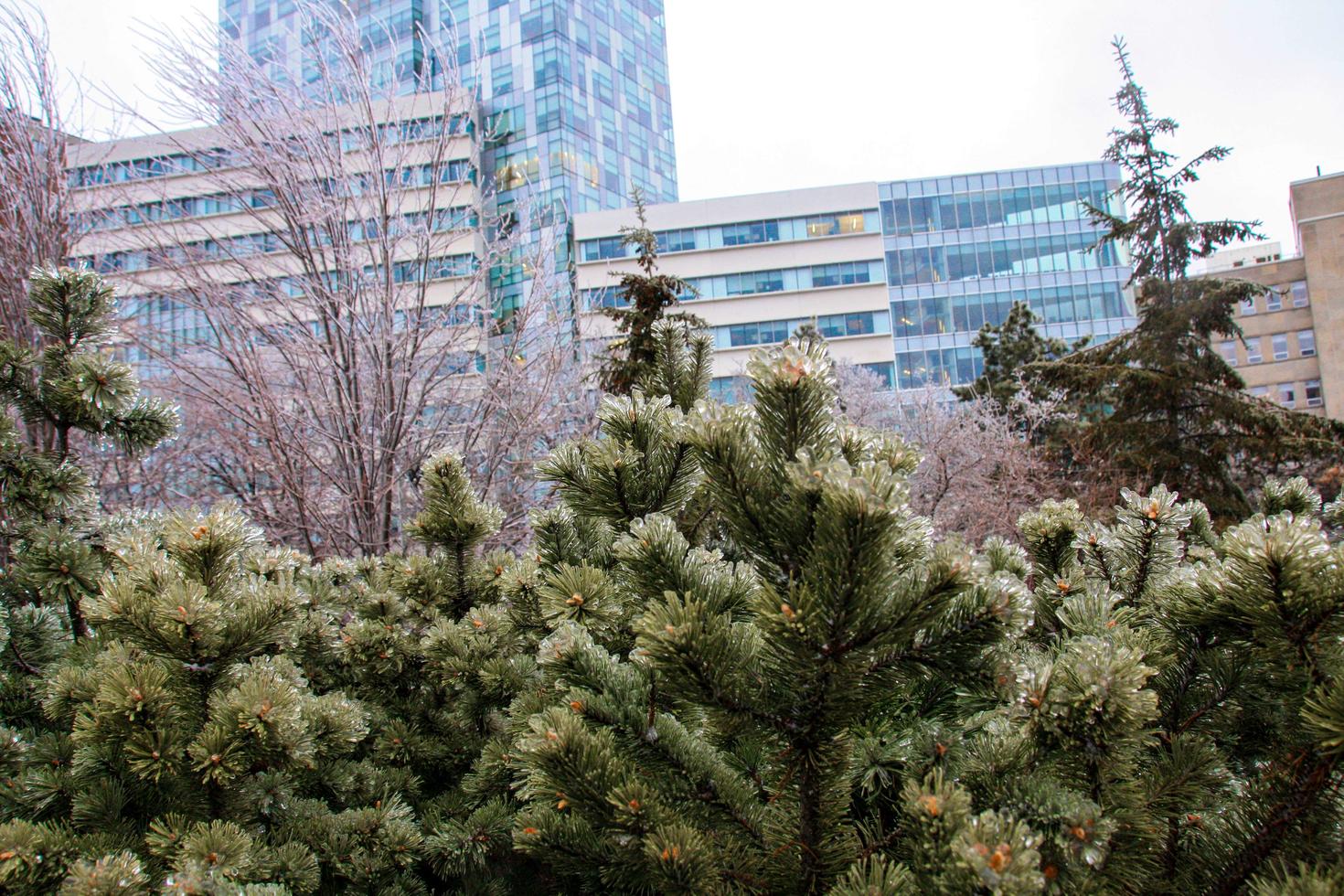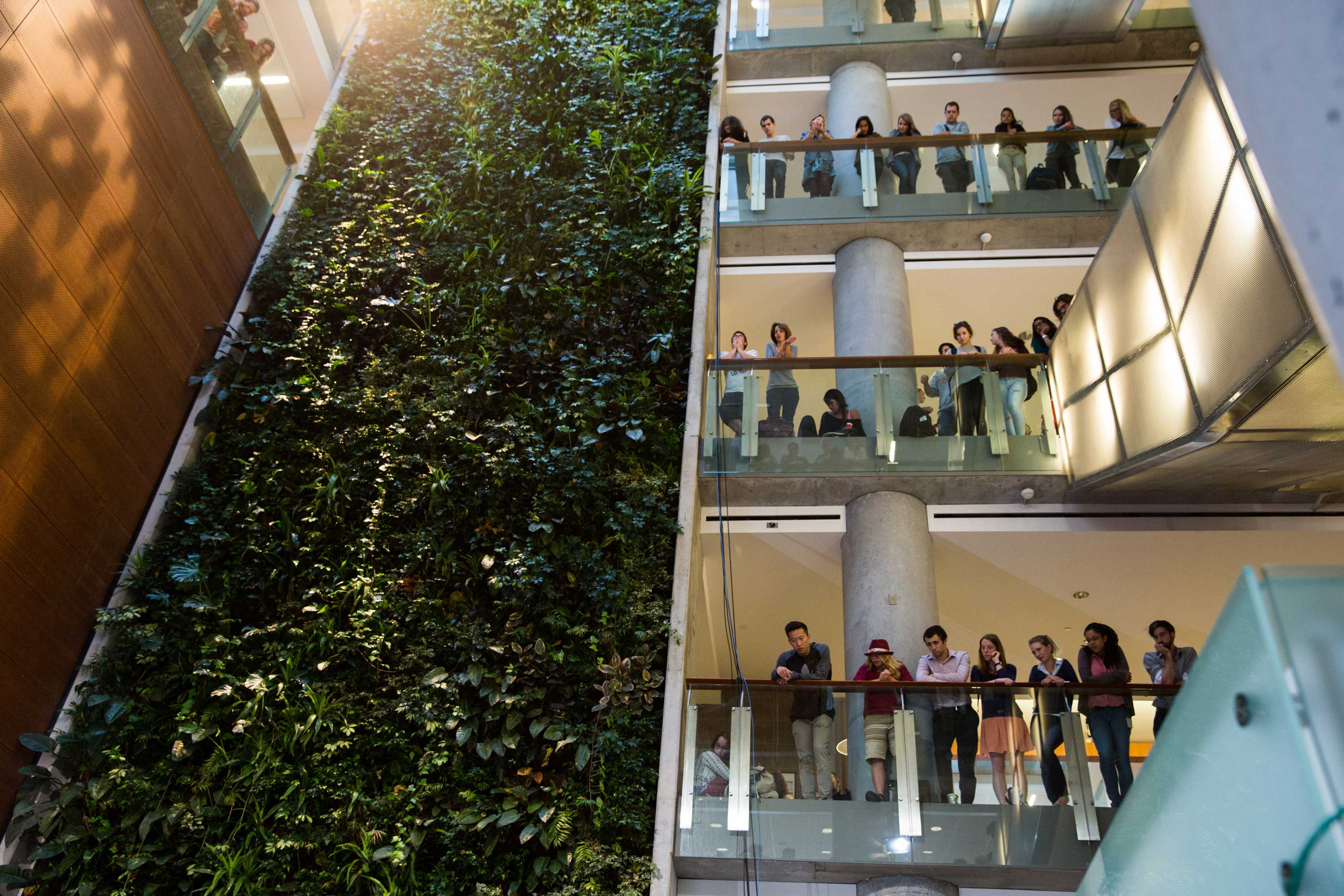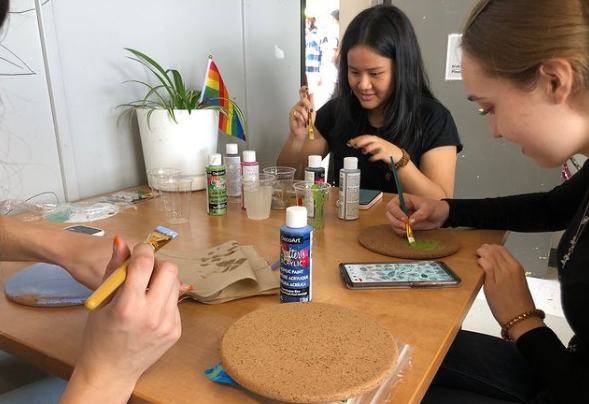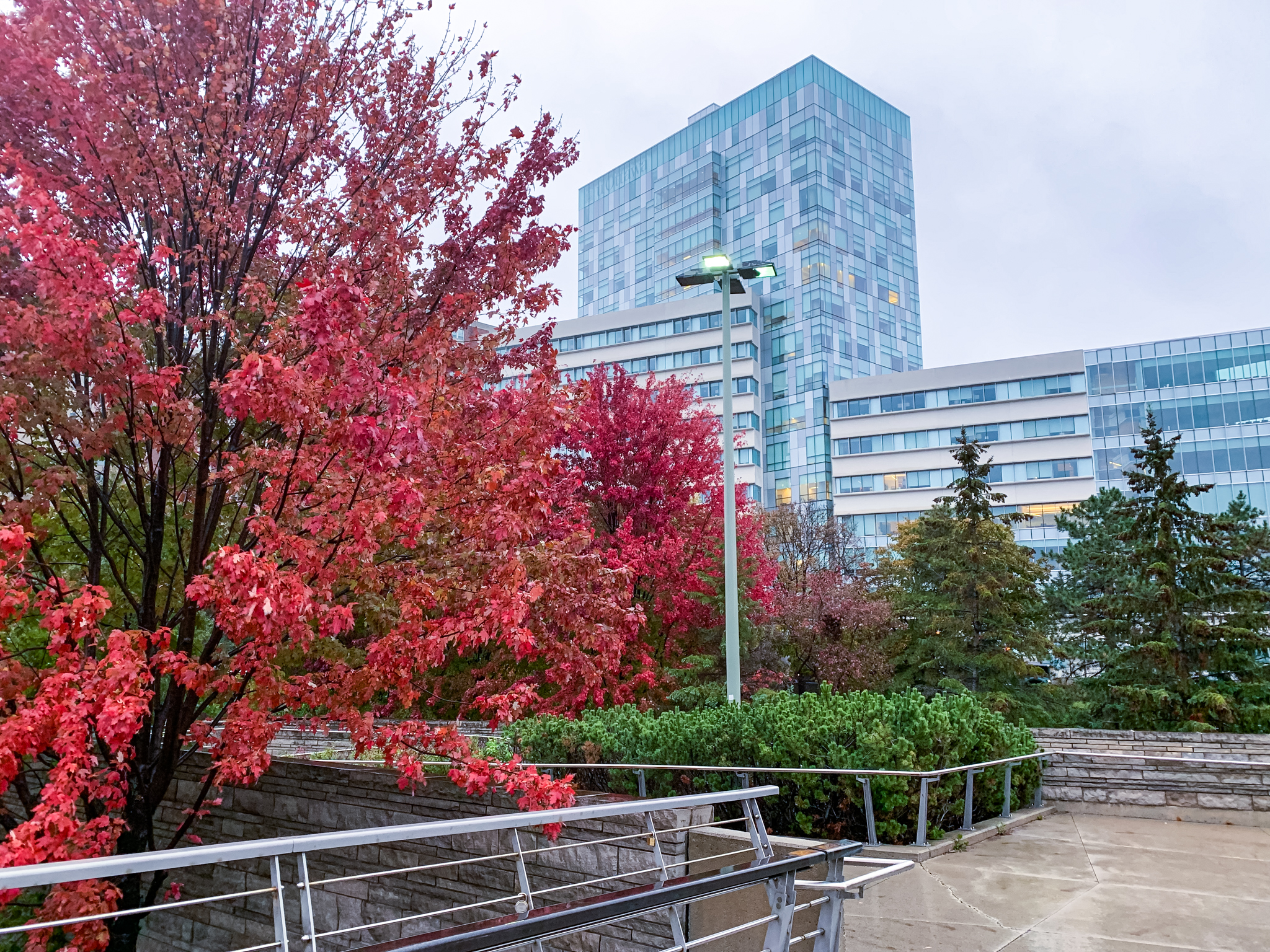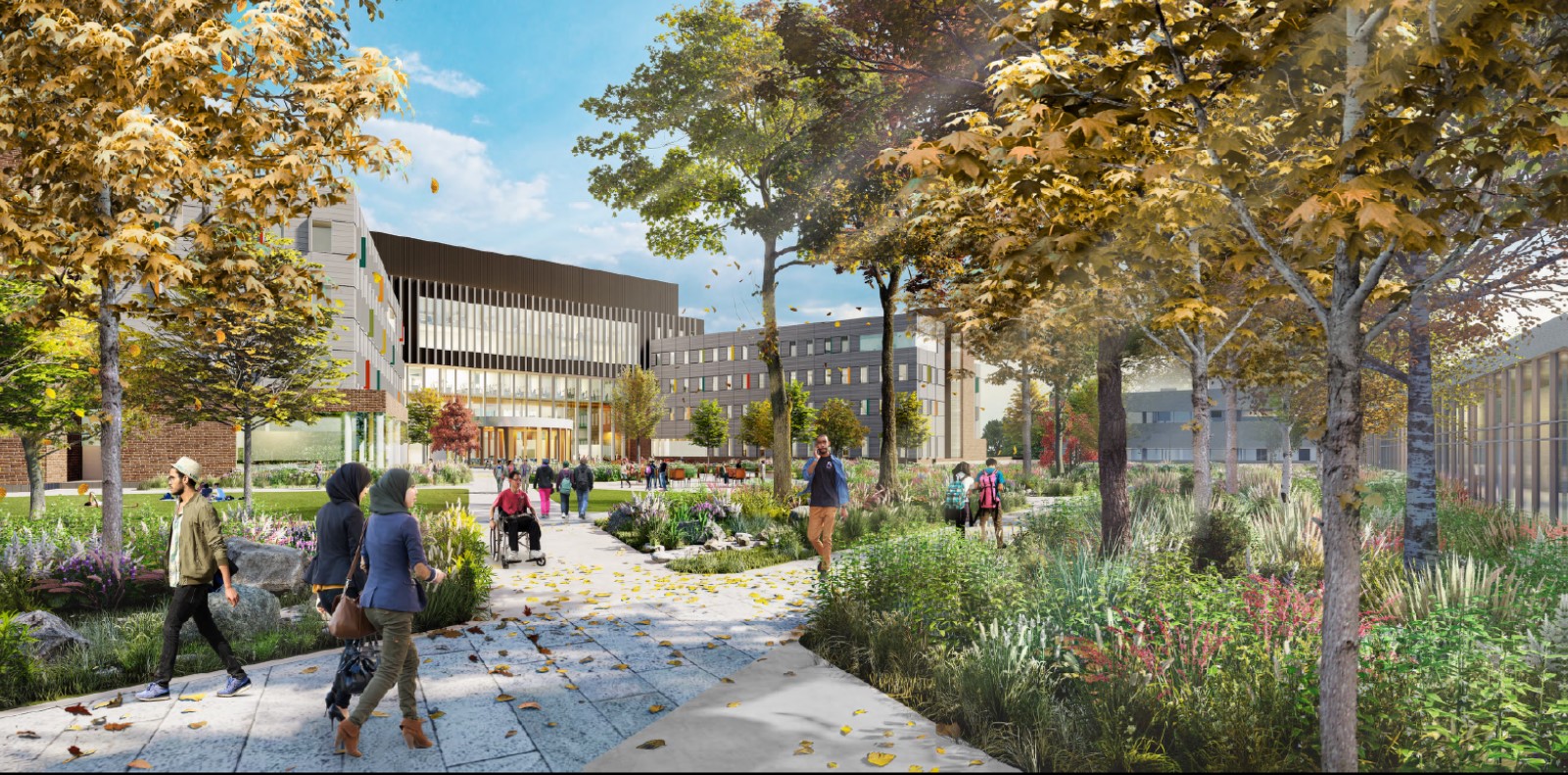We are all aware that climate change is challenging the entire global community, causing more frequent extreme weather events, rising sea levels and risks to wildlife. Without action, our planet’s climate will continue to fluctuate, with a devastating impact to which no one will be immune. There is substantial work to be done.
Institutions of higher learning have an active responsibility to prepare students and society to mitigate and adapt to climate change. From our teaching programs to our experiential learning opportunities, from the dissemination of our research to our interdisciplinary collaborations with NGOs and community groups, we must make every effort to educate, inform and engage.
At the University of Ottawa, we are focused on creative solutions. We are continuously taking inventory of what we offer, how we work and in what way we can better ourselves and elevate our contributions. Climate action and reducing our carbon footprint through sustainable actions remain top of mind. This is evident in our decision to divest from fossil fuels, in our vision to become a zero-waste campus and in the growth of our greenspaces — we are striving to rise to the occasion and persist in our efforts to support positive climate outcomes.
Jacques Frémont, President and Vice-chancellor
